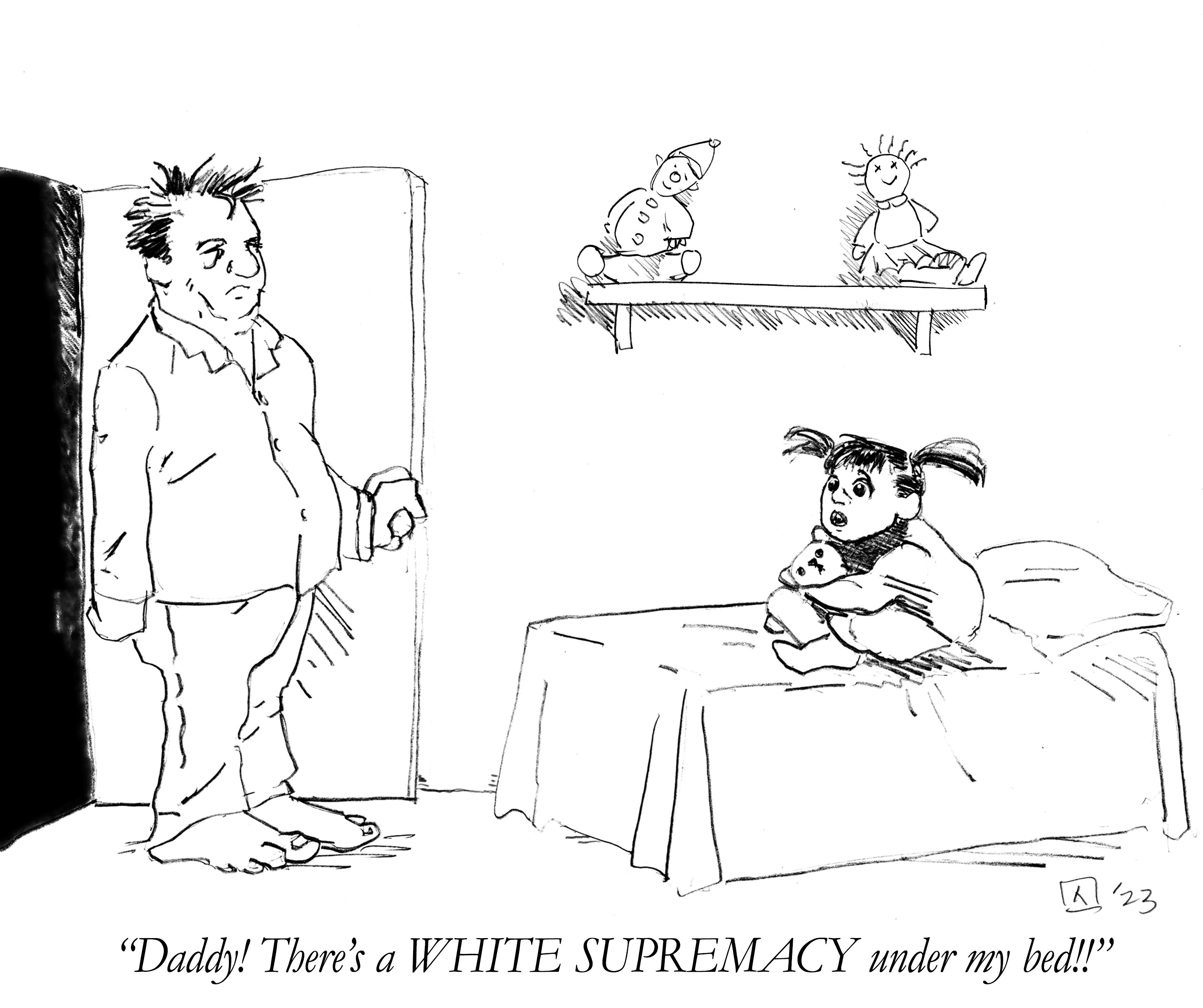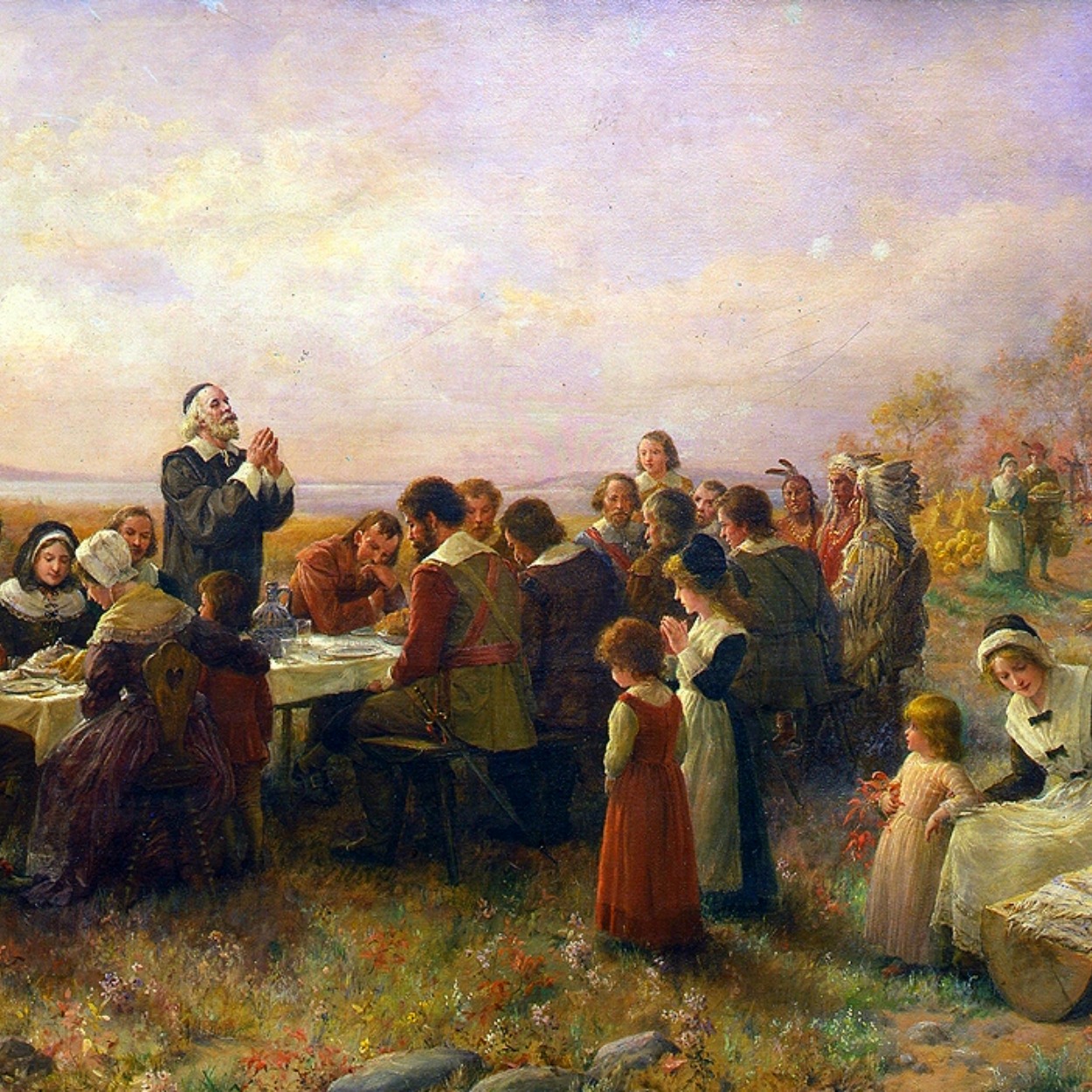Jane Austen’s Pride and Prejudice is centered on the relationship of Elizabeth Bennet and Mr. Darcy as it develops from pride, arrogance, and misunderstanding to love, sacrifice, and appreciation. What was the key ingredient that allowed this relational transformation to take place? As the plot unfolds, both Elizabeth and Darcy encounter experiences that encourage and invite them both to develop personal humility. Though they are not married for most of the book, we learn much from these characters about how the poison of pride, and later the helping and healing quality of humility, can affect a couple’s relationship.
As part of our American Families of Faith research project, we have conducted interviews with more than 250 highly religious married couples and have explored how their faith reportedly impacts their family life. These imperfect but exemplary married couples are devoted to various religions and come from diverse racial, ethnic, and regional backgrounds. When asked, “What are the greatest obstacles, either external or internal, to your marriage?”—many couples responded with answers that involved the poison of pride.
When asked about the “greatest obstacles” to his marriage, a Catholic husband named Javier (all names are pseudonyms) responded with just one word: “Pride.” When a Native American Methodist husband named Anoki was asked the same question, he said, “The obstacles? They’re the same obstacles that every Christian has, and that’s pride and greed and thinking of one’s self.” Linda, Anoki’s wife of about 20 years, responded, “It’s the same. I agree, [pride is the problem].” An Evangelical Christian husband named Mark identified the same relational enemy:
I think the inherent imperfections that we all have get in the way…. I lean probably more toward pride than I should, and that gets in the way.
Stephen, a Latter-day Saint husband, spoke of pride as the “great divider” in his marriage:
When you’re angry, [you] say things that you don’t mean. But you say them to [cause] hurt because you’re angry and hurt. Unfortunately, I’m guilty of that. She claims she has a short memory, but I think because of the love, she knows I didn’t mean the things I said…. I say, ‘I’m sorry.’ Most people aren’t willing to say they were wrong. In most arguments we had, [when we see] the other [person] is willing to say sorry, it eases the tension. And the other person sees, ‘[Hey] … I’m also at fault.’ But for [my wife], genuinely, when I say, ‘I’m sorry,’ it’s gone, and it’s forgotten. [Her humility and forgiveness provide] a key.
Stephen then continued,
I think pride is the great divider. There have been times where my pride has been the focus of my life, and it makes our marriage more difficult. But when I focus on [lightening] her burdens, that’s when it seems to be better.
Responses from both wives and husbands frequently recognized pride as a stumbling block for marital connection and peace. Spontaneously (without being asked about either pride or its antidote), participants repeatedly noted humility as the countermeasure of pride. An immigrant Chinese Christian couple discussed the blessings of choosing humility over pride.
Jing (husband): When we are humble and regard [ourselves] as imperfect, we can
tolerate each other. If you are pride[ful] and look down on the other [person], you will
have a bad relationship. When you are near to God, you will see that you are imperfect.
Yaxin (wife): Sometimes I pray to God to ask for a good marital relationship. Sometimes
I don’t know my weakness, but [God] may see my weakness.
Jing: I may not listen to my wife. [But] I may change when I know I am wrong in my
heart, [and God’s] voice in my heart reminds me to repent.
Yaxin: Sometimes you [are] numb. You needed to be reminded.
A Black Baptist husband named Ty discussed the healing process of moving past pride with a humble and sincere apology. He said,
Learn to apologize quickly…. I always remember that [my wife’s] on my side. She’s my advocate…. So, if I did wrong … [I need to] get over … pride, get over our individual [need] about being right all the time. Let’s go ahead and admit when you are wrong and be willing to move on.
Participants repeatedly reported that in marital relationships, the “great divider of pride” can cancerously feed selfishness while preventing healthy conflict resolution—and stunting or damaging relational trust. Participants also reported that certain sacred religious beliefs and a sense of closeness or relationship with God influenced their perception of the value and importance of humility in their relationships.
A Hispanic Catholic wife, Alisia, reported that her religious belief of focusing on “the other” in marriage has helped her and her husband Juan learn humility together. She said,
We learned not to be selfish [but to] be humble [a]nd caring for the other, and giving. [T]hese [are the experiences] where I think, even though I think it’s very difficult sometimes to solve [it all] … [o]ne of the messages that I remember was [love] “the other.” It’s not [so] much about your needs, but what is it you can do for others. I think it’s part of our religious foundation.
Likewise, Danielle, a Christian Scientist wife, observed that religious beliefs put in action lead to a successful marriage. She said,
Religion is not only theology [and] what you think about God. It’s also the Sermon on the Mount. Are you being meek? Are you being forgiving? Are you being kind? If you really live the Sermon on the Mount, that’s all you need for a successful marriage.
Stuart, a Latter-day Saint husband, similarly reflected:
I think that when I am closer to God, I’m more humble and less selfish. I … keep going back to those [sacred] things…. I think that when I’m more that way, our [marital] relationship is better. I’m more humble, more teachable.
An Asian American Christian husband similarly recognized humility as the source of lower levels of conflict in his marriage. He reported, “We have no big conflicts. If we respect each other and are humble, we will be able to avoid many conflicts. We should forgive each other.”
An Irish Catholic husband named Patrick spoke of his wife’s example of humility (and other attributes), “She’s been such an example of humility and meekness and beauty and grace and strength and truth—and [she’s] put up with me the whole time.”
Orlando, a Black Christian husband, also praised his wife’s character, “She kept me strong, kept me focused, and kept me humble, and I thank God for her.”
Bekah, a Jewish wife, similarly described her husband Saul’s humility and how his example strengthened their marriage. She said,
I think one of the strong points of Judaism is the sense of personal responsibility, and certainly, in any conflict we’ve had, it’s been really important to own up to whatever part we have in the conflict. And that’s something that comes straight from Judaism, … [the] thought of ‘Did I do something wrong? And if so, I need to fix it and apologize for it.’ As opposed to just, ‘Well, it’ll go away, forget about it.’ And that’s one of the things that I really admire about Saul is that he will always apologize. He will always say, ‘I’m wrong.’ I talk to a lot of friends who say, ‘My husband never says he’s sorry. He’ll do nice things, he’ll go on from there, but he’ll never say he’s sorry.’ I think Saul was raised with a sense of ownership for what he’s done, and so I try to learn from him.
Based on our interviews with these families, we have observed, “Our behavior is permission to others to behave similarly, but it is more than that … it is an invitation to do so.” These latter excerpts demonstrate how spouses’ positive examples of humility, apologizing, and expelling the poison of pride can inspire their partners to do likewise.
In conclusion, humility is an essential relational characteristic for marital success. Many of the couples we interviewed reported that humility helped in conflict resolution, promoted mutual respect, and encouraged both spouses to try and do better in areas of weakness.
Research demonstrates that the advantages of humility are greatest when both spouses in a marriage make an effort to develop this vital virtue. Our research also demonstrates that a family member’s willingness to be humble and admit mistakes helps encourage relational reconciliation.
Like Elizabeth Bennet and Mr. Darcy, our participants demonstrated that as pride is replaced with humility and a deepened awareness of the other person, relationships find greater connection and peace.
















